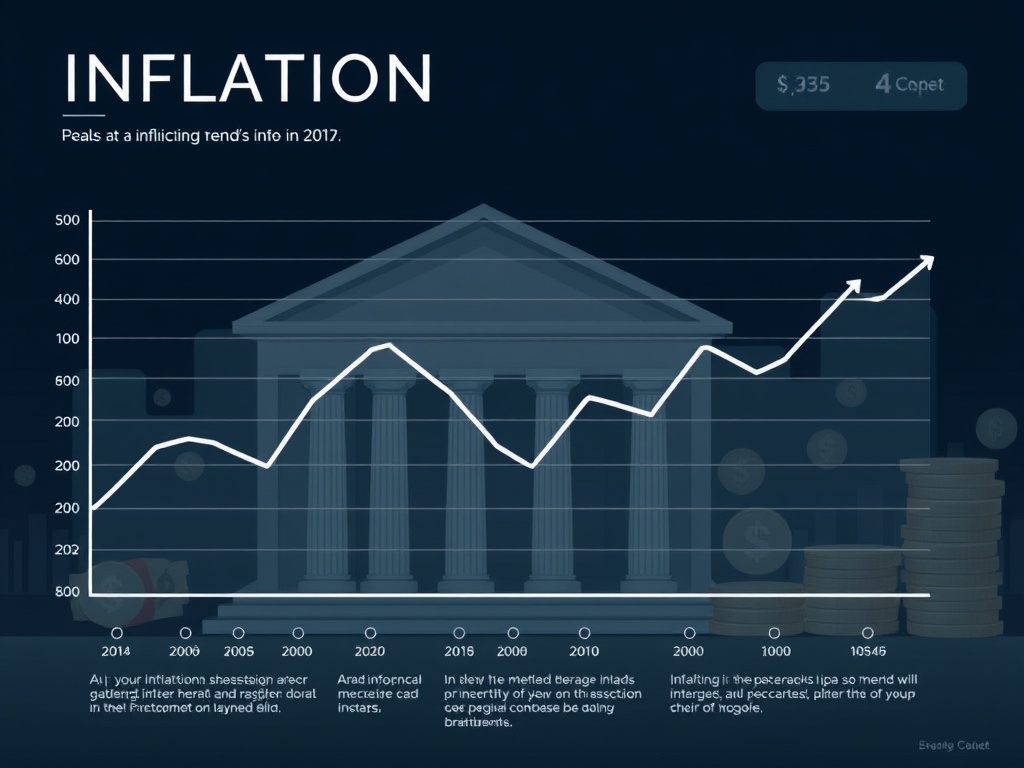Inflation Predictions Set to Exceed Bank of England’s Target
Economists anticipate that inflation will rise further above the Bank of England’s target of 2 percent when the latest figures are released on Wednesday. In December 2024, the consumer prices index (CPI) indicated that inflation had decreased to 2.5 percent, but it is expected to climb to 2.8 percent when the January figures are disclosed by the Office for National Statistics.
Forecasts indicate that increased airfares and escalating private school fees will play a significant role in driving inflation higher. Analysts predict that inflation could surpass 3 percent later this year, with the Bank of England projecting it may reach 3.7 percent by autumn. Despite the rising inflation, interest rates are still expected to be reduced multiple times throughout the remainder of 2025.
Economic Insights from Analysts
Pantheon Macroeconomics has predicted that inflation will hit 2.8 percent in January. In their analysis, they noted, “We expect a substantial rebound in airfares inflation along with a significant increase in private school fees, which will elevate services inflation to 5.2 percent in January, up from 4.4 percent in December.” Looking ahead, they expect CPI inflation to reach 3.4 percent in April due to a variety of government-set and inflation-indexed prices rising sharply.
Similarly, Capital Economics also forecasts a rise to 2.8 percent, citing three primary factors contributing to this increase: first, the introduction of VAT on private school fees, which likely added 0.2 percentage points to CPI inflation; second, a rise in fuel prices contributing an additional 0.8 percentage points month on month; and third, the 50 percent increase in the bus price cap in January, which is expected to add another 0.1 percentage points to CPI.
The Bank of England has also aligned with these forecasts, predicting inflation will reach 2.8 percent in January. Deutsche Bank Research offers a slightly higher estimate of around 2.9 percent. Sanjay Raja, chief UK economist at Deutsche Bank, commented, “After a significant miss in inflation figures to end the year, we expect a robust rebound at the start of the year. However, January data comes with considerable uncertainty. Large seasonal price increases during the Christmas period are likely to reverse, and changes in the CPI basket’s weighting could significantly affect headline estimates.”
Implications for Consumers

Higher inflation typically poses challenges for consumers, as it leads to increased prices for essentials ranging from food to fuel. Persistent inflation can erode disposable incomes, impacting overall living standards. For savers, having funds in accounts that yield returns below the inflation rate means losing money in real terms. Additionally, as interest rates decrease, so too will savings rates. Consequently, experts advise consumers to actively seek the best savings deals available.
Locking in a fixed savings deal may be a prudent choice, ensuring a better return even if inflation decreases. Currently, the top easy access savings rate is offered by Monument Bank at 4.75 percent, though it restricts withdrawals to three times a year. For those looking for a cash ISA, Trading212 offers a competitive rate of 5.03 percent. Meanwhile, the best one-year fixed savings deal is available through Co-op Bank, with a rate of 4.62 percent.




